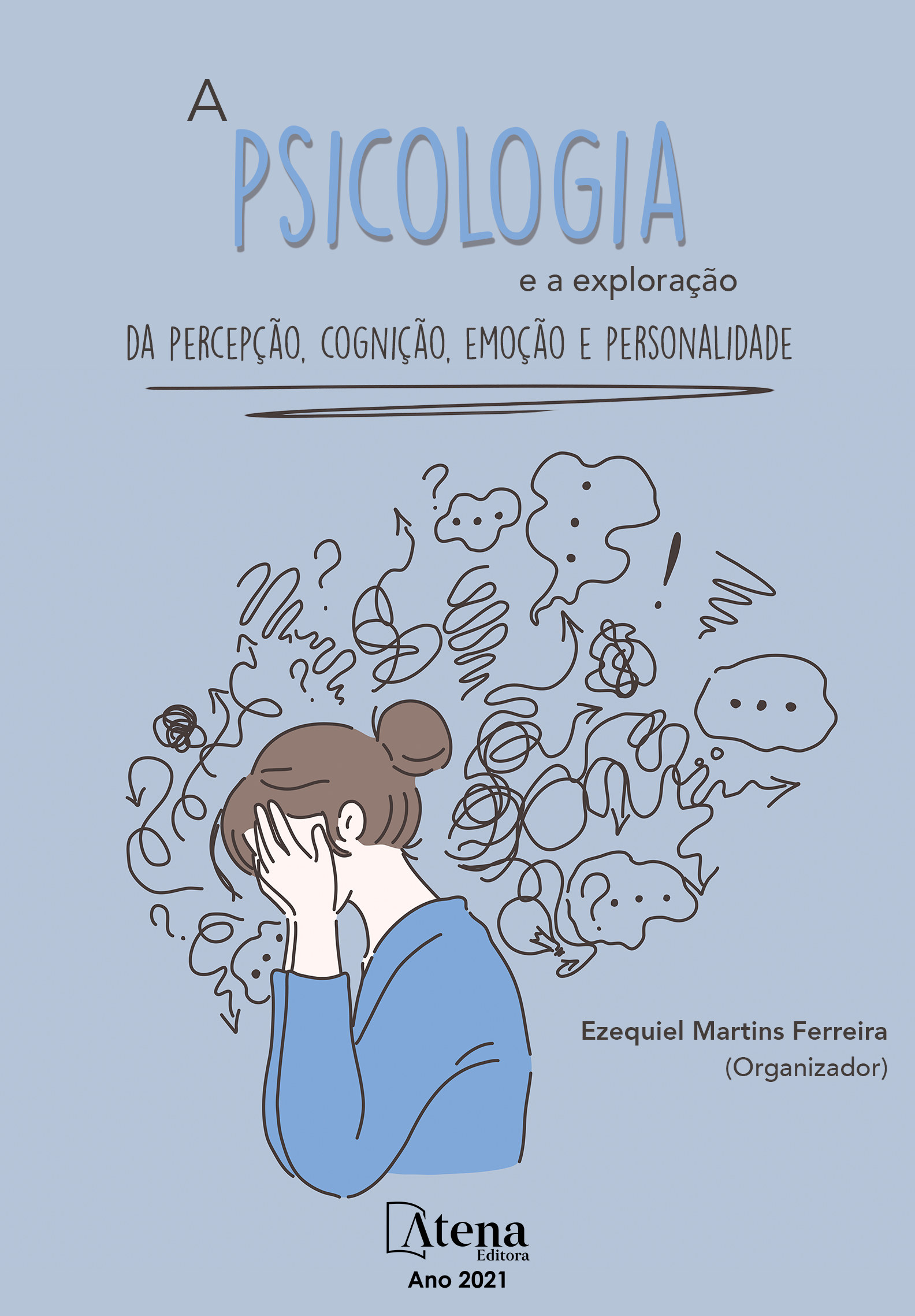
PREDITORES COGNITIVOS, EMOCIONAIS E SOCIAIS VINCULADOS À ADOÇÃO DE COMPORTAMENTOS PREVENTIVOS CONTRA COVID-19 EM ESTUDANTES UNIVERSITÁRIOS
Sociedades em todo o mundo enfrentam desafios extraordinários para conter efetivamente a disseminação do COVID-19. Para alcançar uma abordagem abrangente, compreender as variáveis psicossociais que influenciam a prevenção do vírus é de vital importância. O objetivo deste trabalho é analisar o papel preditivo de fatores cognitivos, emocionais e sociais na adoção de comportamentos preventivos ao COVID-19 em estudantes universitários. É um estudo observacional, analítico e transversal, realizado na primeira onda epidemiológica do COVID-19. A amostra foi composta por 1.759 estudantes universitários, dos quais 1.112 (63%) eram hondurenhos e 647 (37%) colombianos. As variáveis analisadas por meio de instrumentos validados foram: conhecimento do COVID-19, percepção de risco, estresse, ansiedade, depressão, coping ativo e evitativo, suporte social e comportamentos preventivos relacionados ao COVID-19. A relação preditiva das variáveis latentes do estudo foi testada por meio de um modelo de equação estrutural. Os resultados mostraram um ajuste aceitável do modelo (CFI = 0,976; TLI = 0,974; RMSEA = 0,045), indicando explicações estatisticamente significativas das variáveis de conhecimento COVID-19 (β = 0,22), percepção de risco (β = 0,35), coping ativo (β = 0,24) e suporte social (β = 0,15) na adoção de comportamentos preventivos. Conclui-se a importância das variáveis cognitivas na implementação de comportamentos preventivos contra o COVID-19. Finalmente, são discutidas as implicações dos resultados para o desenvolvimento de estratégias preventivas de saúde pública em contextos universitários.
PREDITORES COGNITIVOS, EMOCIONAIS E SOCIAIS VINCULADOS À ADOÇÃO DE COMPORTAMENTOS PREVENTIVOS CONTRA COVID-19 EM ESTUDANTES UNIVERSITÁRIOS
-
DOI: 10.22533/at.ed.6872115127
-
Palavras-chave: COVID-19, comportamentos preventivos, modelo por equações estruturais, ensino superior, saúde pública.
-
Keywords: COVID-19, preventive behaviors, structural equation model, higher education, public health.
-
Abstract:
Societies around the world are facing extraordinary challenges in effectively slowing the spread of COVID-19. To achieve a comprehensive approach, understanding the psychosocial variables that influence the prevention of the virus is of vital importance. The objective of this work is to analyze the predictive role of cognitive, emotional and social factors on the adoption of preventive behaviors against COVID-19 in university students. It is an observational, analytical and cross-sectional study, carried out in the first epidemiological wave of COVID-19. The sample consisted of 1,759 university students, of which 1,112 (63%) were Honduran and 647 (37%) Colombian. The variables, analyzed using validated instruments, were: knowledge of COVID-19, perception of risk, stress, anxiety, depression, active and avoidant coping strategies, social support and preventive behaviors related to COVID-19. The predictive relationship of the latent variables of the study was tested using a structural equation model. The results showed an acceptable fit of the model (CFI = 0.976; TLI = 0.974; RMSEA = 0.045), indicating statistically significant predictions of the COVID-19 knowledge (β = 0.22), risk perception (β = 0.35), active coping strategies (β = 0.24) and social support (β = 0.15) on the adoption of preventive behaviors. The importance of cognitive variables in the implementation of preventive behaviors against COVID-19 is concluded. Finally, the implications of the findings for the development of preventive public health strategies in university contexts are discussed.
-
Número de páginas: 16
- Carlos Alberto Henao Periañez
- Marcio Alexander Castillo Diaz


